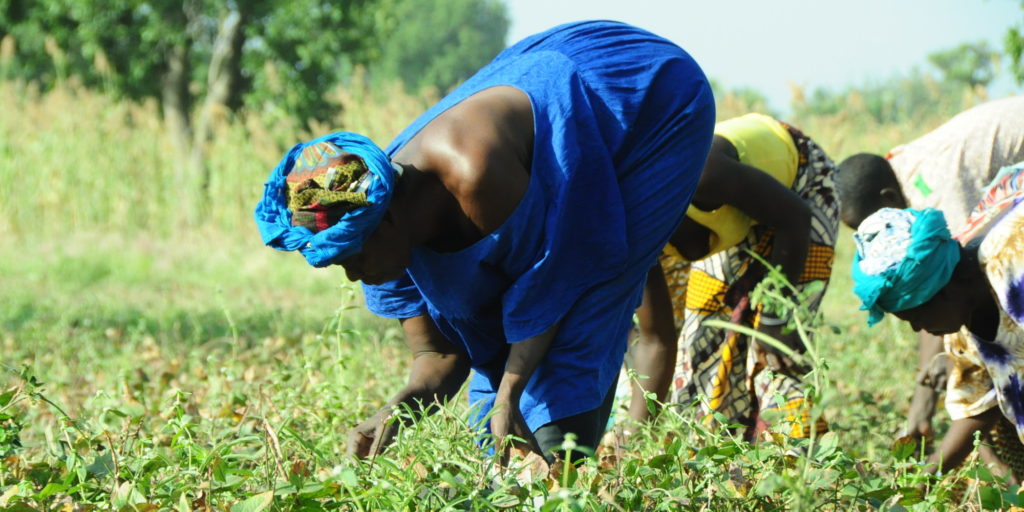As a policy objective, the attainment of food security in Nigeria began facing challenges prior to independence when oil exportation began in 1958. But the challenges became pronounced and persistent after the commencement of large-scale oil exports in the early 1970s, when the country nearly abandoned agriculture in pursuit of newfound oil wealth. Self-sufficiency in food production and agricultural export earnings, aided by widespread cultivation of food crops and regional specialisation in cash crops – the cocoa mountains in the west, the oil palm and kernel heaps in the east, and groundnut pyramids in the north – began to diminish and disappear respectively. Within a few years after independence in 1960, the agricultural sector transitioned from a net foreign exchange earner to net foreign exchange drain.
Featured

October 16, 2019
Efficiency of Food Reserves in Enhancing Food Security in Developing Countries: The Nigerian Experience
As a policy objective, the attainment of food security in Nigeria began facing challenges prior to independence when oil exportation began in 1958. But the challenges became pronounced and persistent after the commencement of large-scale oil exports in the early 1970s, when the country nearly abandoned agriculture in pursuit of newfound oil wealth. Self-sufficiency in […]
Read →
Related
CSEA 4th Bi-Weekly In-house Seminar
Announcement
The Centre for the Study of the Economies of Africa is pleased to announce
the Fourth Bi-Weekly In-house Seminar.
The seminar will feature Dr. Chukwuka Onyekwena's paper on
Africa Economic Update (Issue 6)
Available data shows that headline inflation reduced in most countries in the region in May 2017 relative to preceding months. Notably, headline inflation decreased in Nigeria (16.25 percent), Ghana (12.26 percent), Tanzania (6.1 percent), Senegal (1.8 percent), Namibia (6.3 percent) and Rwanda (11.7 percent), while it grew in South Africa (5.4 percent), Kenya (11.7 percent), Ethiopia (8.7 percent) and Uganda (7.2 percent). Cote dIvoire (-0.4 percent) recorded consumer price deflation. The decrease in consumer price in Nigeria, Tanzania and Ghana can be attributed to decreases in both food and non-food components of inflation. Regionally, all countries in Southern Africa recorded single digits inflation, however consumer price marginally increased in South Africa, for the first time in 2017 owing to spike in food prices6, and Botswana (both by 0.1 percent).
CSEA Participates In The 2015 Think Tank Initiative Global Exchange
CSEA joined representatives of other think tanks, and research-to-policy stakeholders for the 2015 Think Tank Initiative (TTI) Exchange programme, February 18-20, 2015 in Istanbul, Turkey. The event

